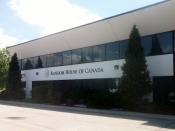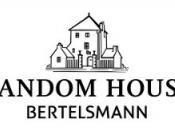Introduction
Random house was started up in 1925 by Bennett Cerf and David Klopfer with only $50,000 in working capital. What started off as a small publishing business grew into a company worth over $800 million through mergers and acquisitions . After Random House was purchased by Bertelsmann, it became the largest book publishing company in the world. This paper examines why Random House is worth more as a subsidiary of Bertelsmann than as an independent company. In our view, this is mainly because there are clear synergies and resources that can be exploited by being part of Bertelsmann.
Synergies between BDD and RH
Prior to the merger between BDD and Random House, the competition was fierce and there was no clear market leader in the book publishing industry . After the merger, Random House was publishing all genres of books from mass-market to literary and adult trade. Tapping into its impressive backlist and complimentary markets in different regions, Random House was able to generate $1.9
billion in revenue and gain market-leading positions in the English, German and Spanish language market . Random House's global reach also enabled it to be more aggressive in negotiating worldwide rights for any new projects. The increased size and visibility enabled Random House to attract top authors, editorial and management talents.
The resource continuum suggested by David J, Collis gave us an outline to evaluate Bertelsmann's resources . The general nature of Bertelsmann's resources in effective cost management, mass market orientation, economies of scale, vast capital resources and strong focus on publishing where suitable to be transferred over to Random House's business. Random house was a right fit with Bertelsmann because Bertelsmann's corporate capabilities enhanced the competitiveness of its business. This enhancement was achieved through centralization of certain functions such as sales, distribution, finance,


